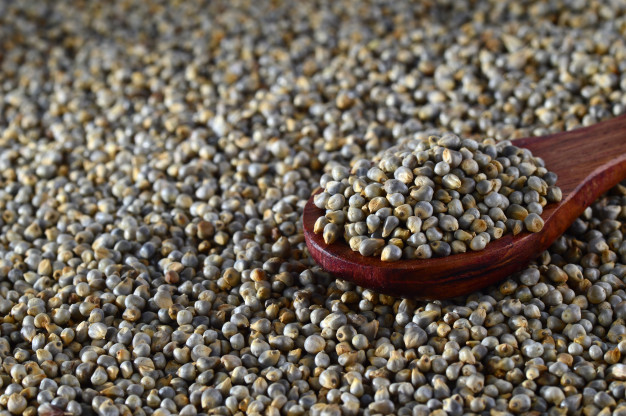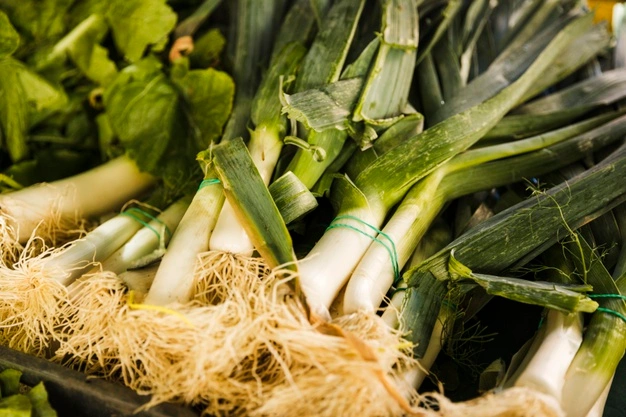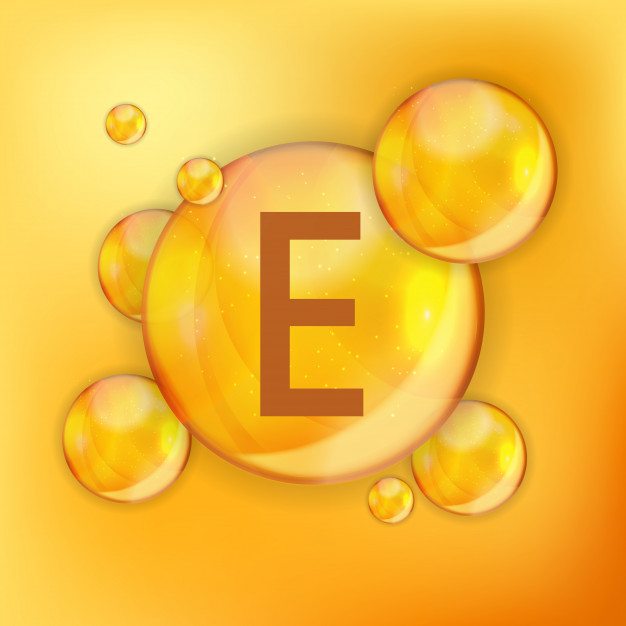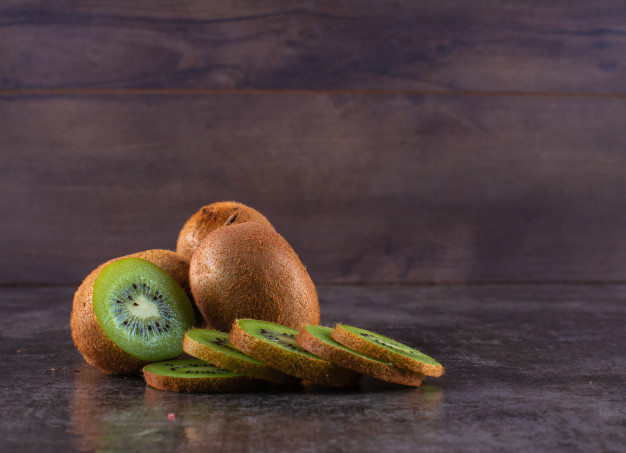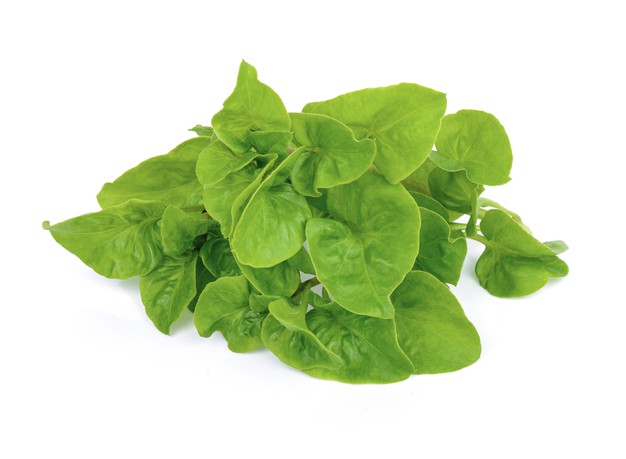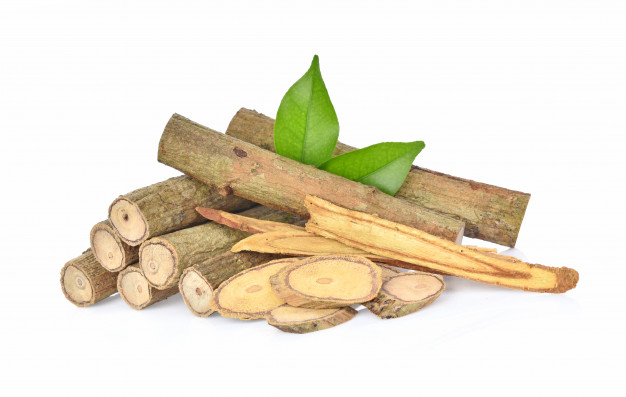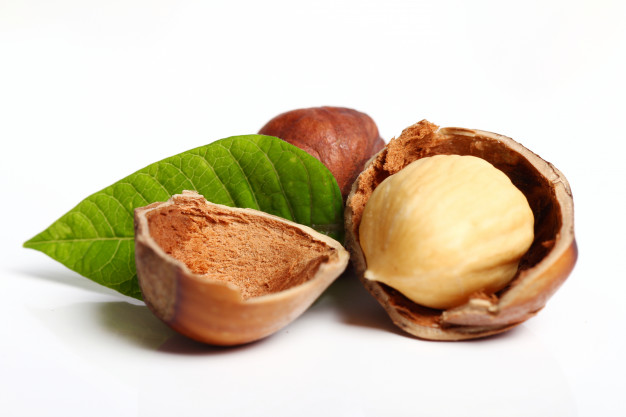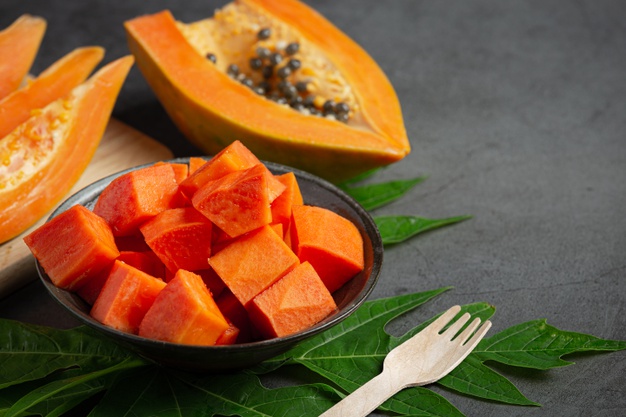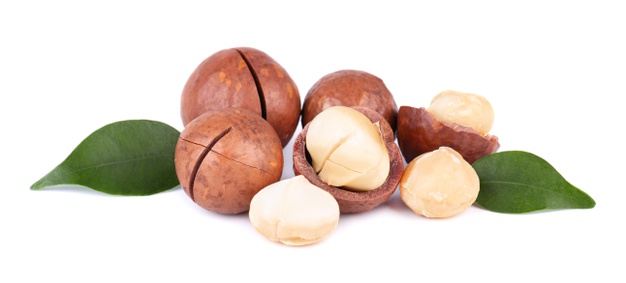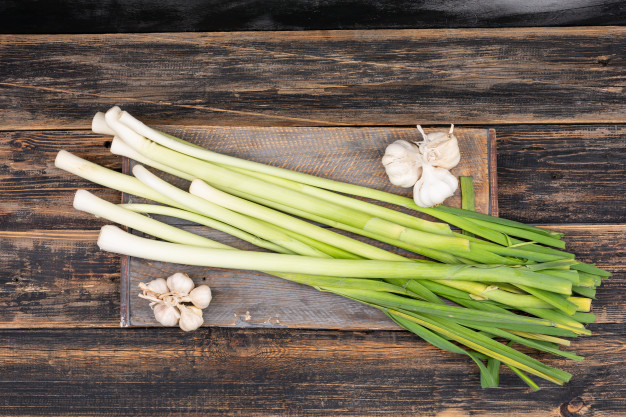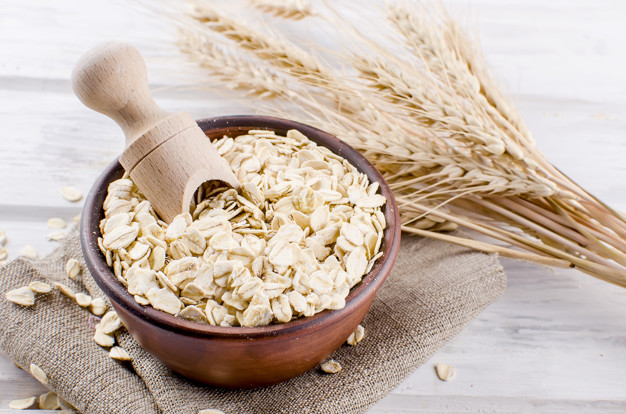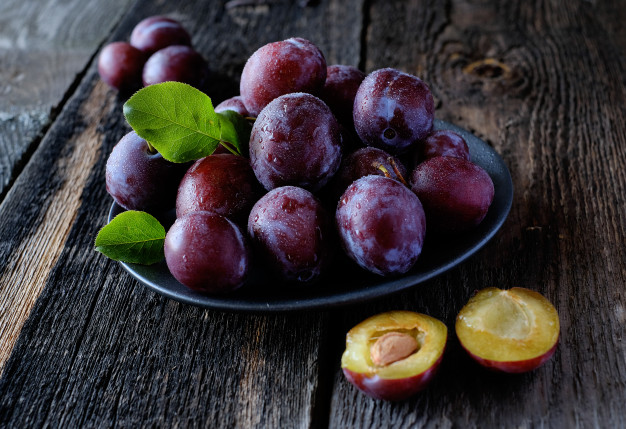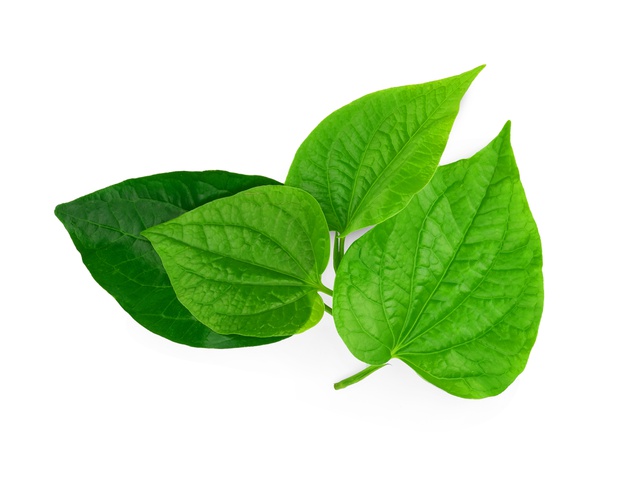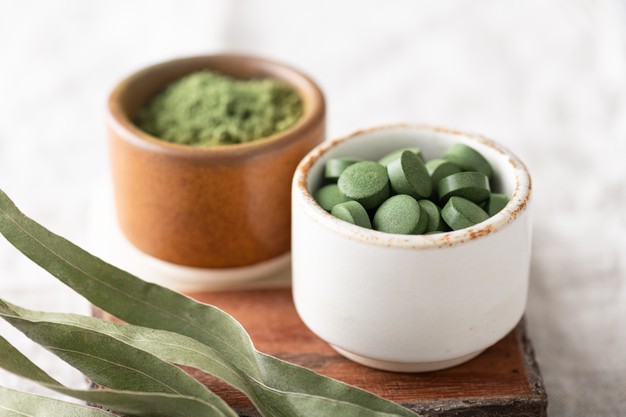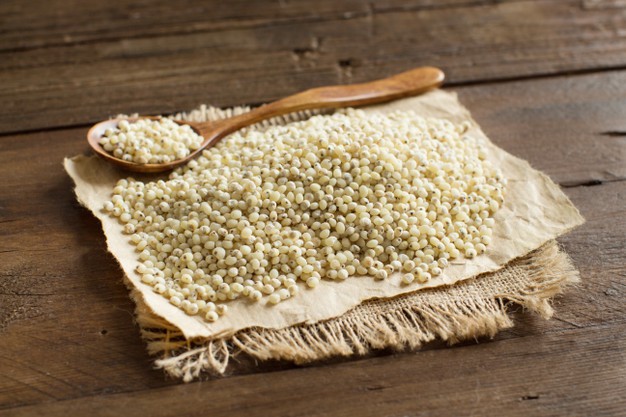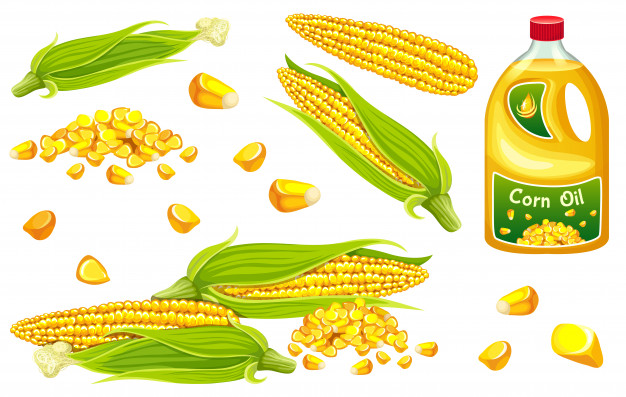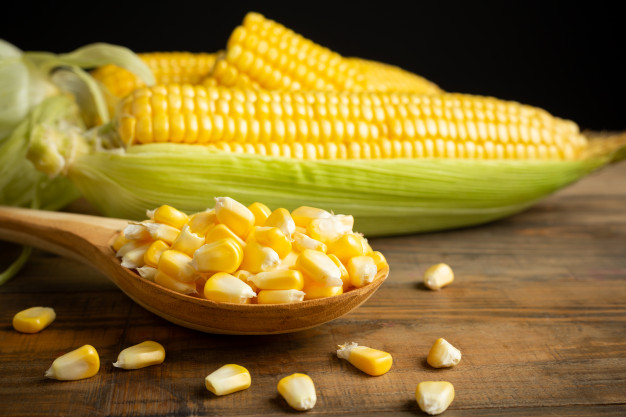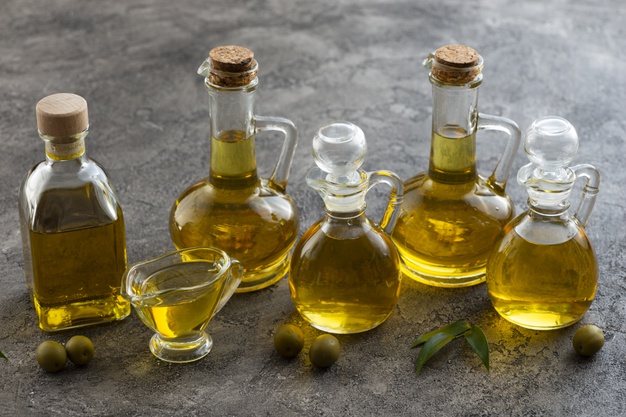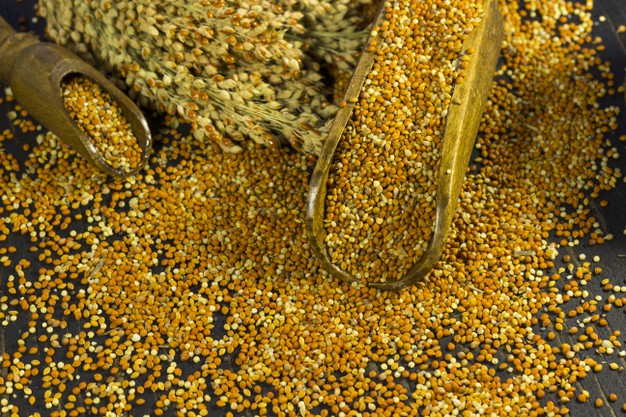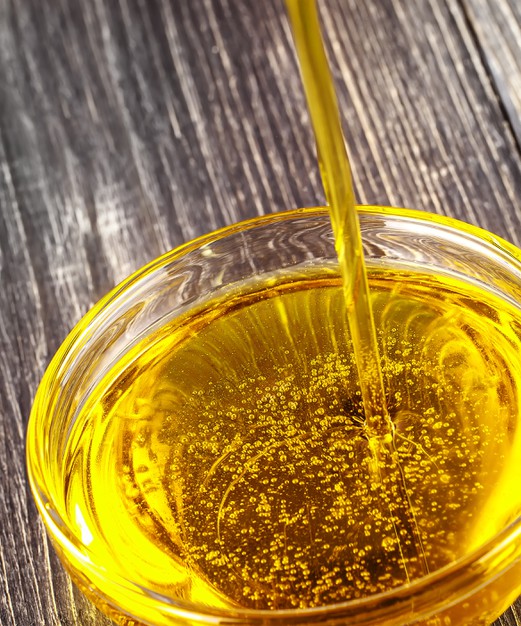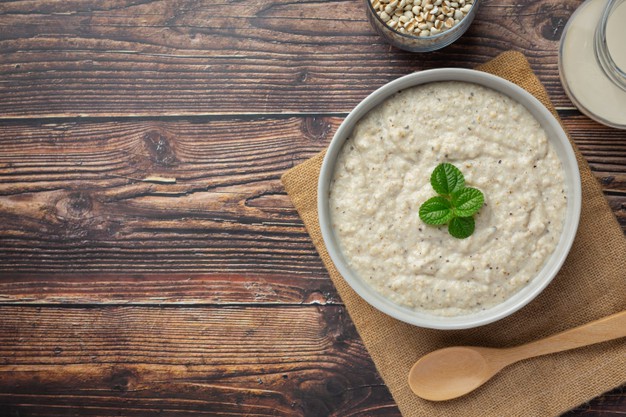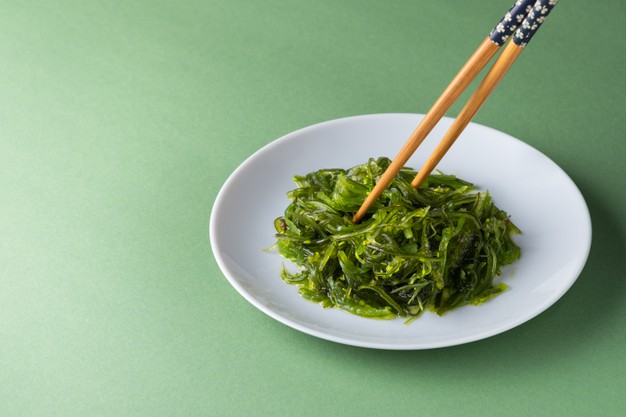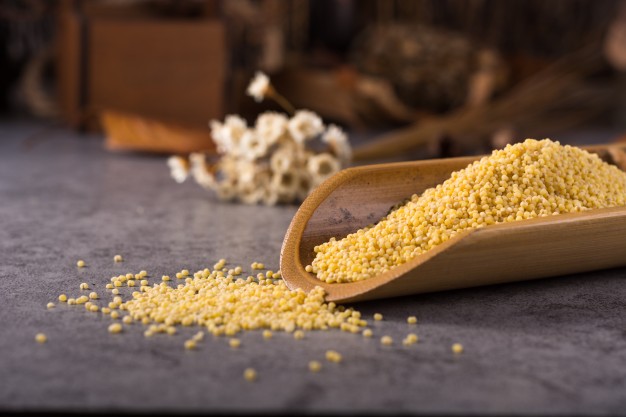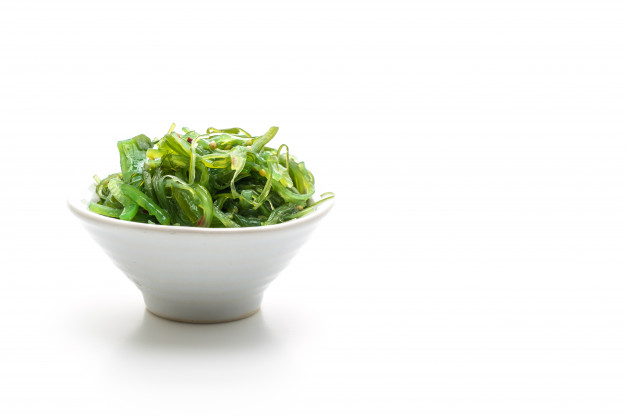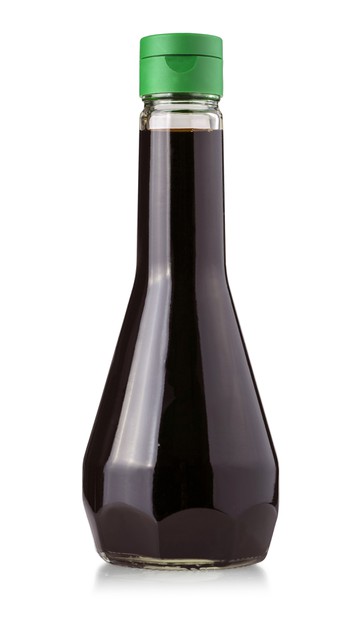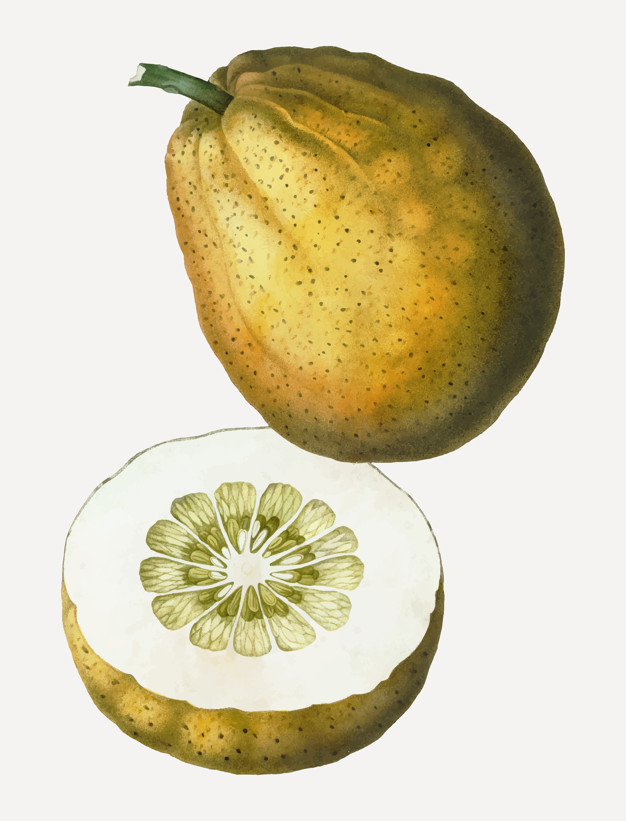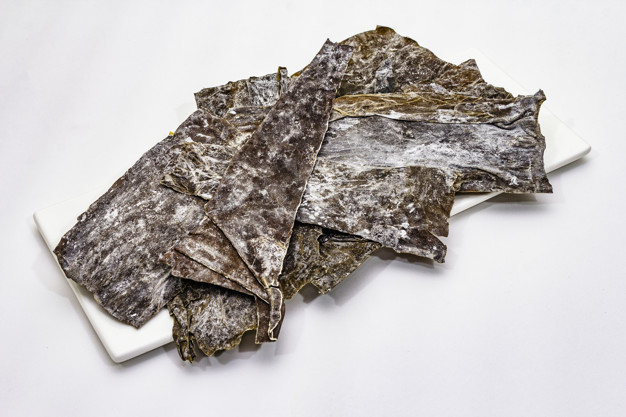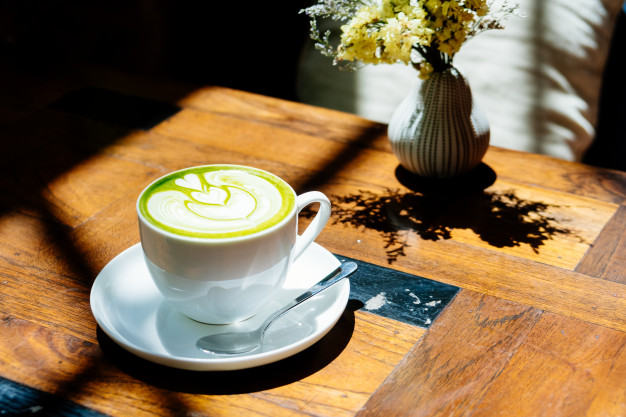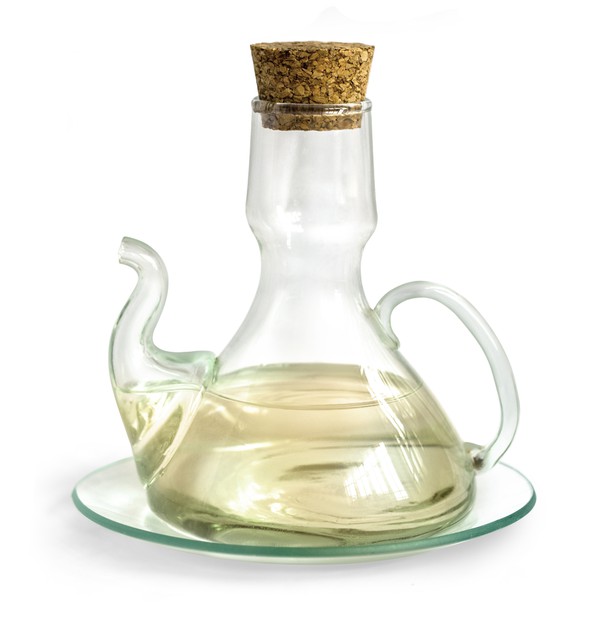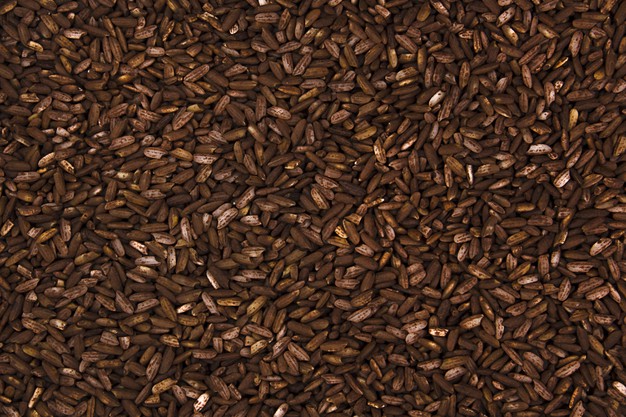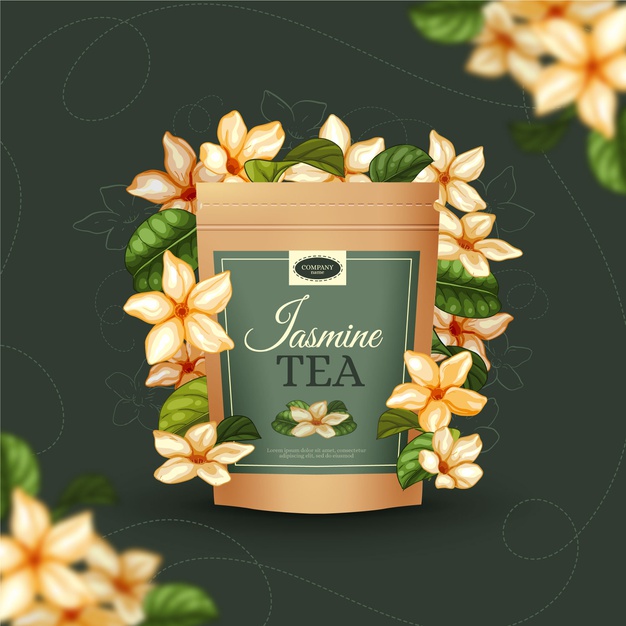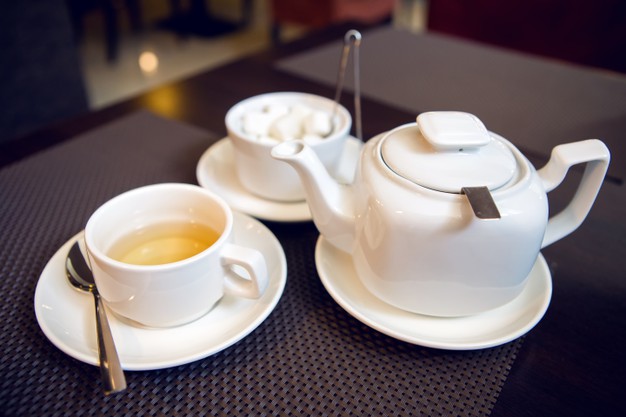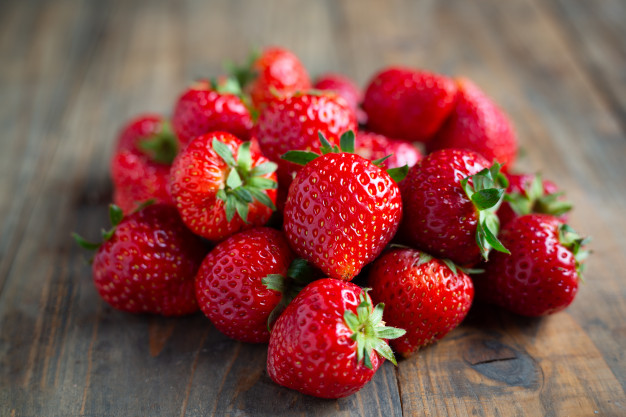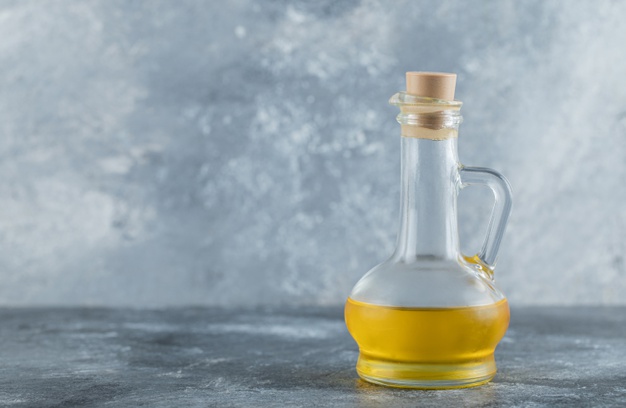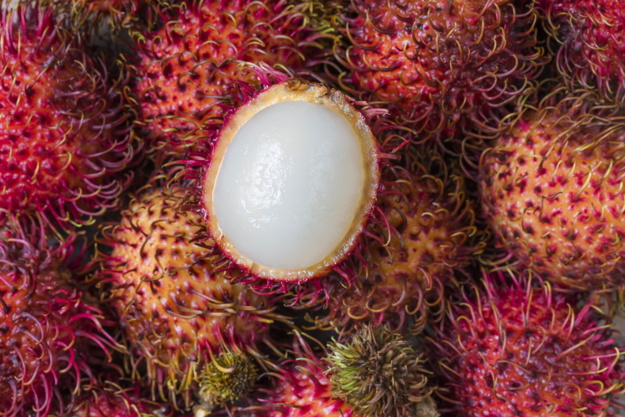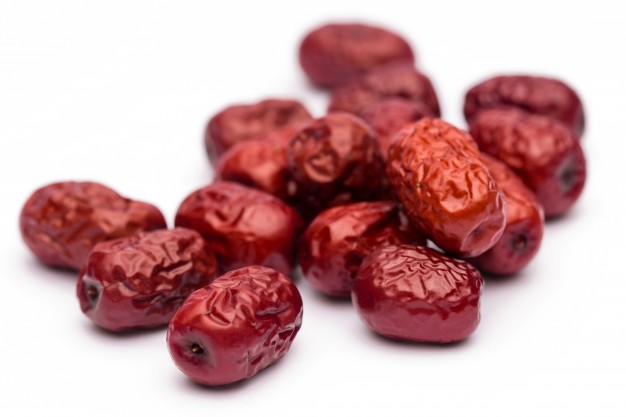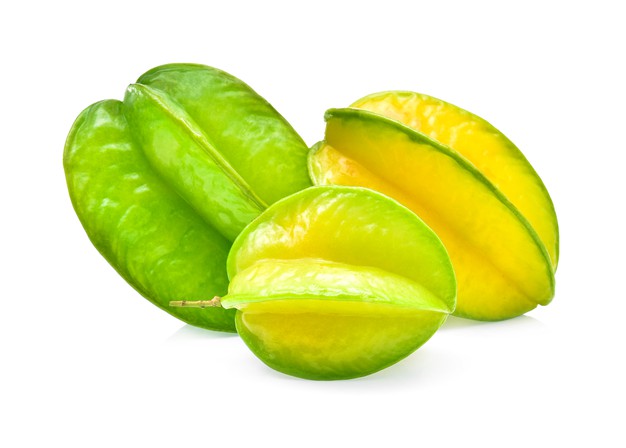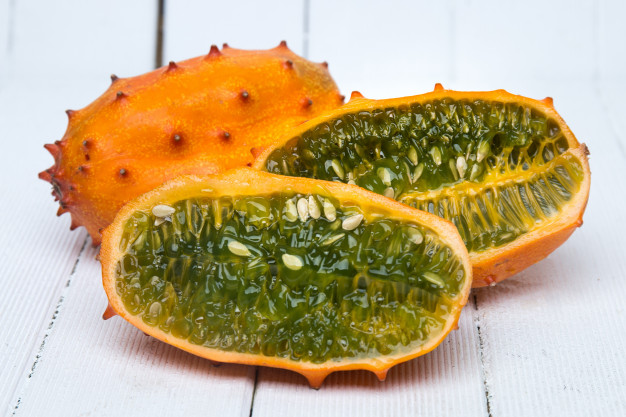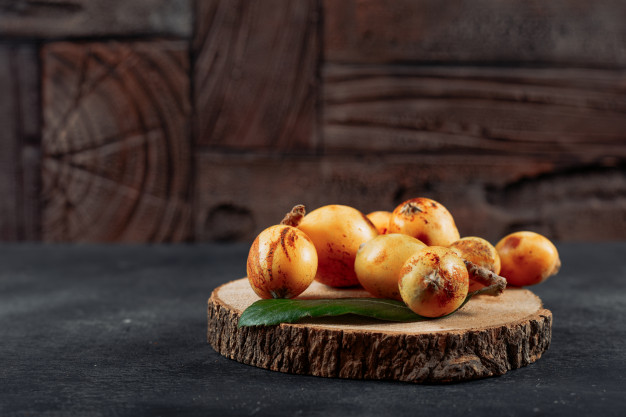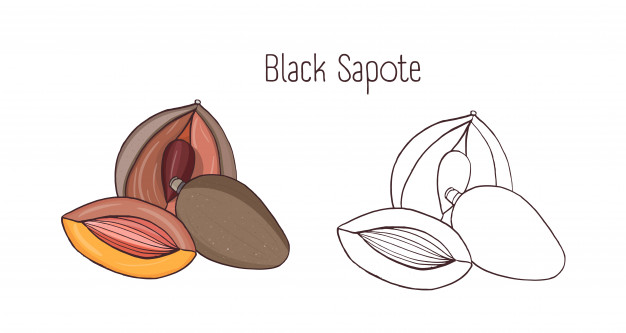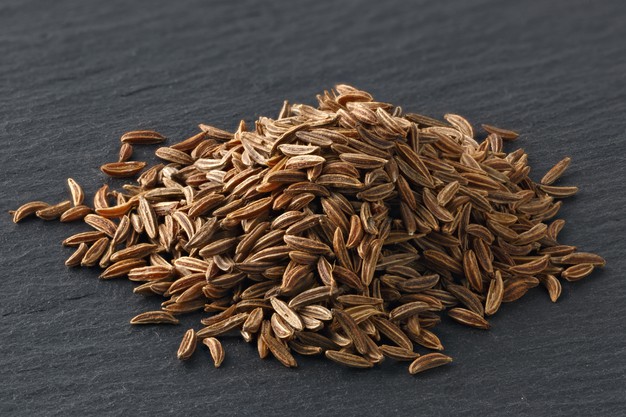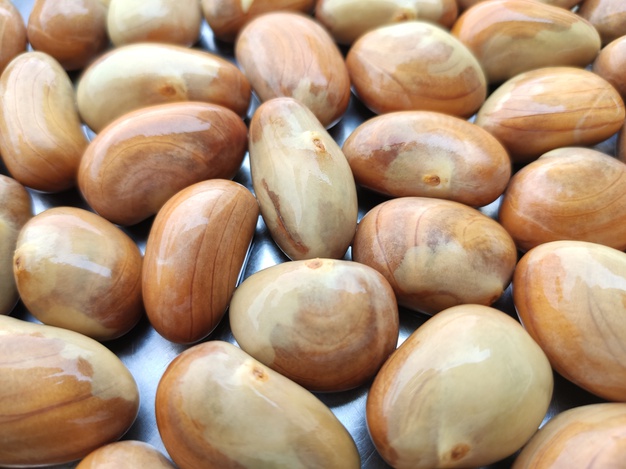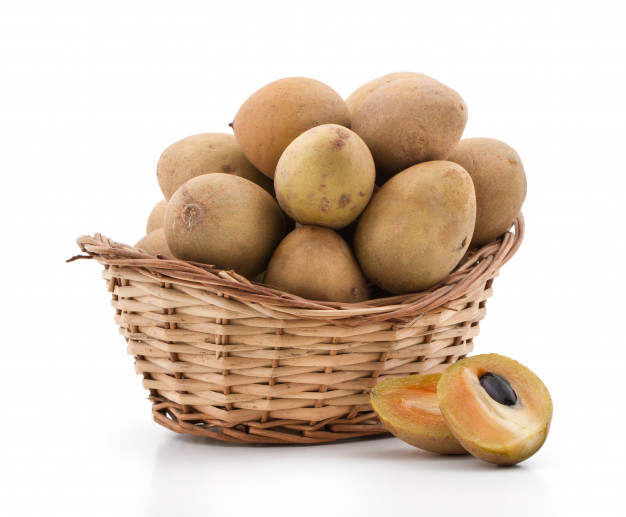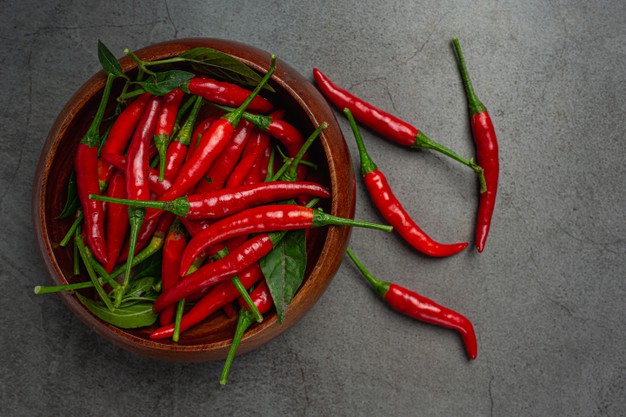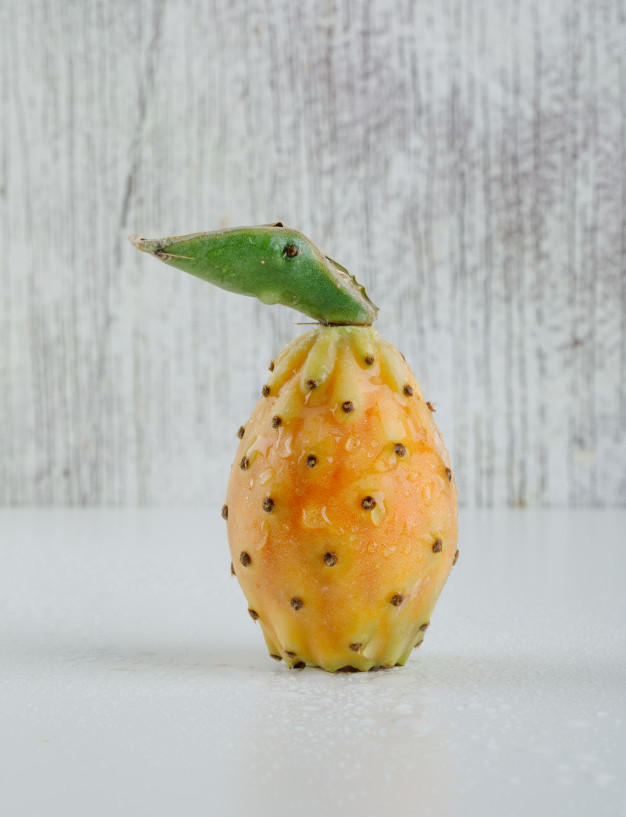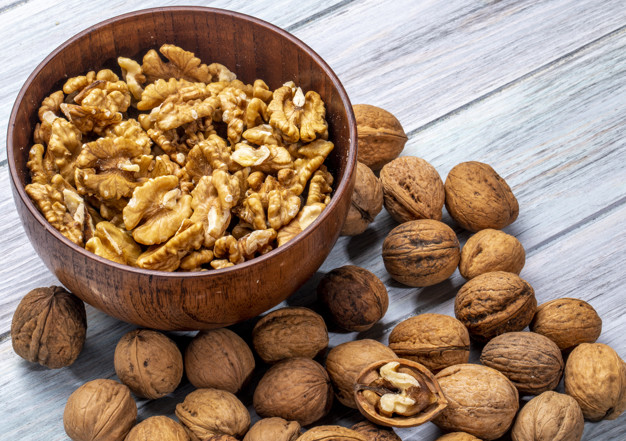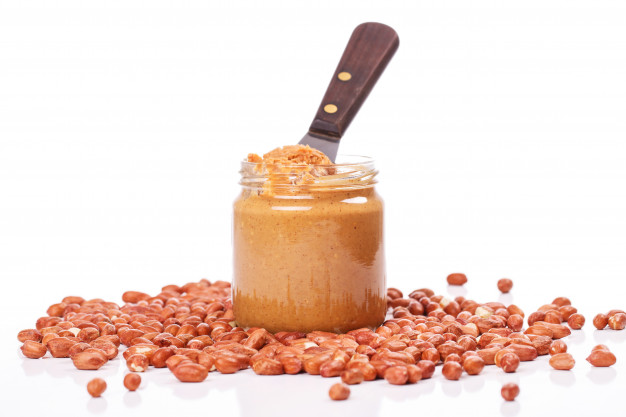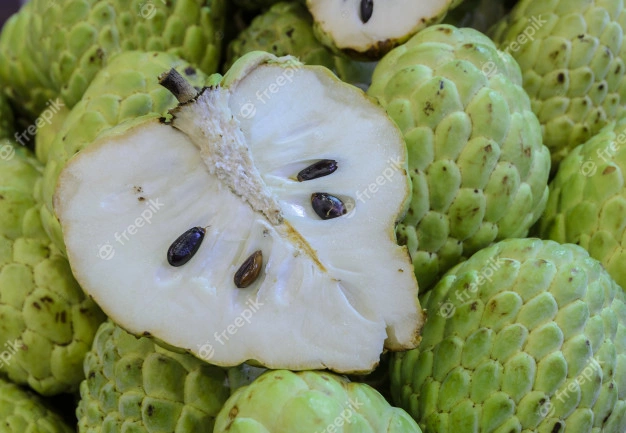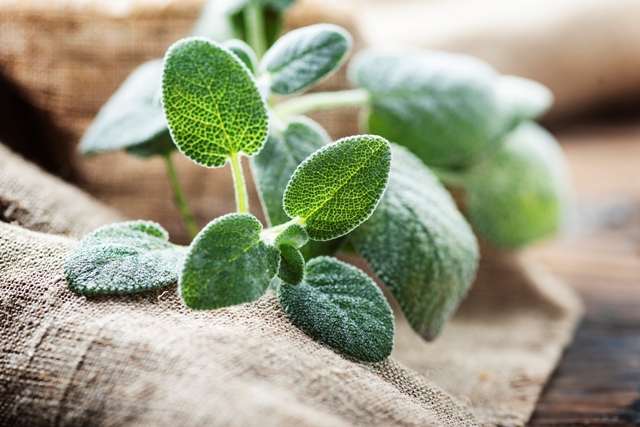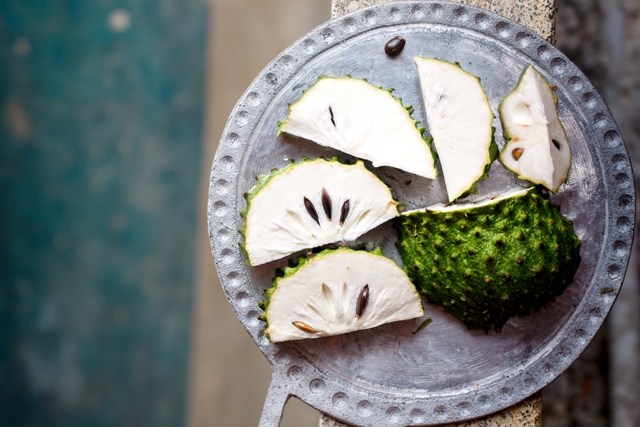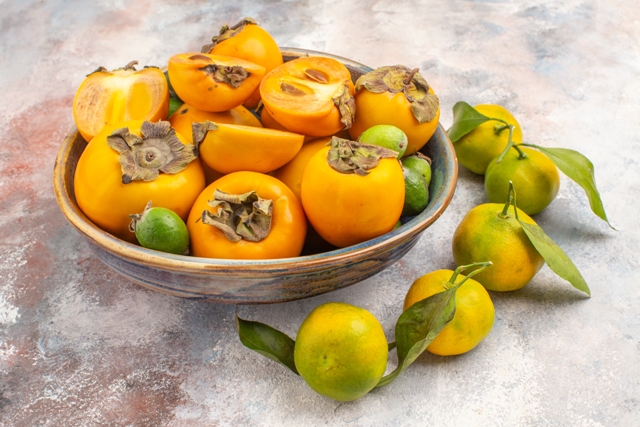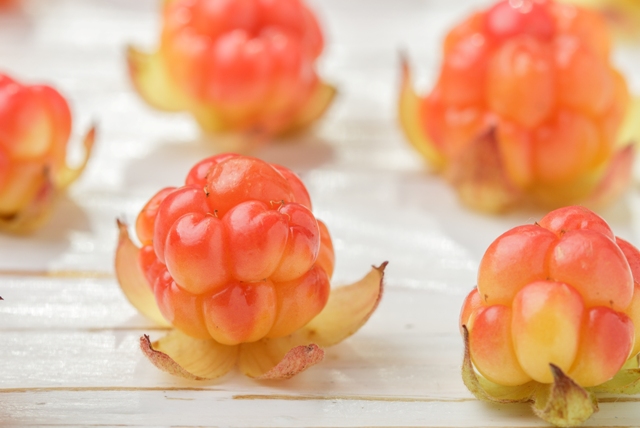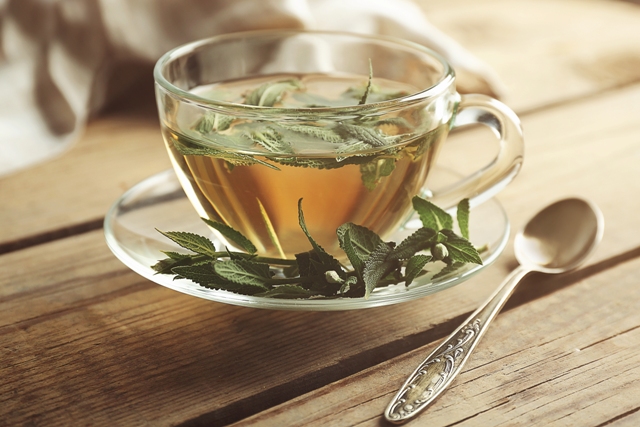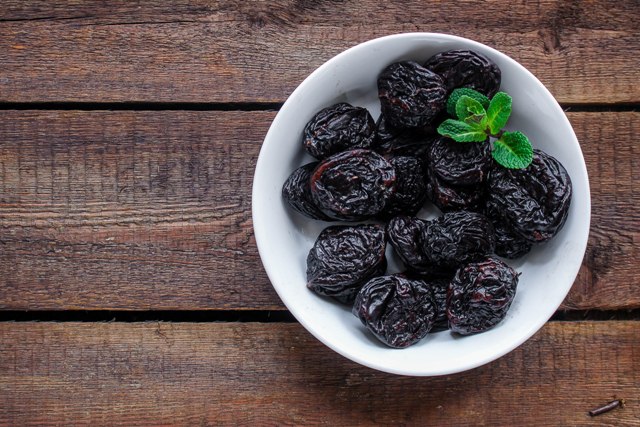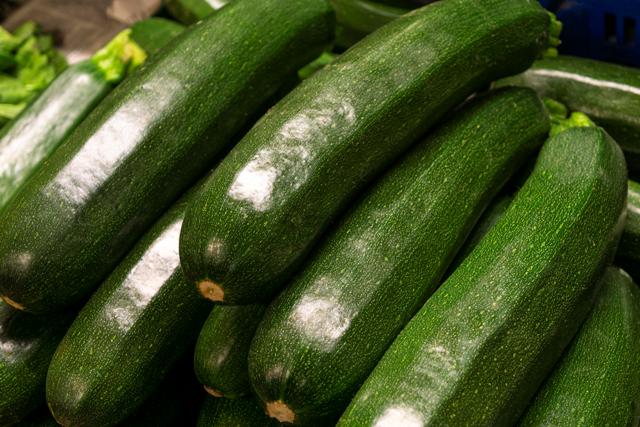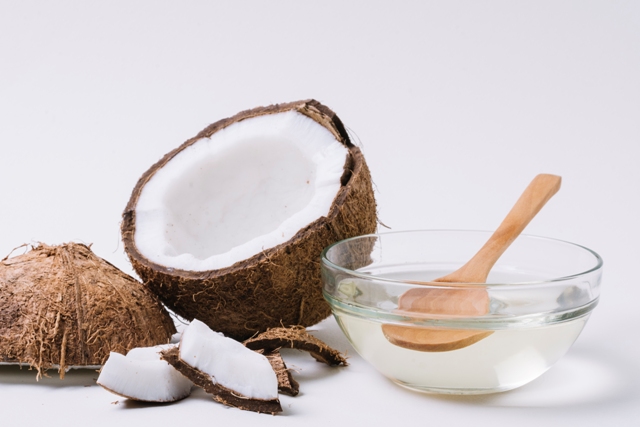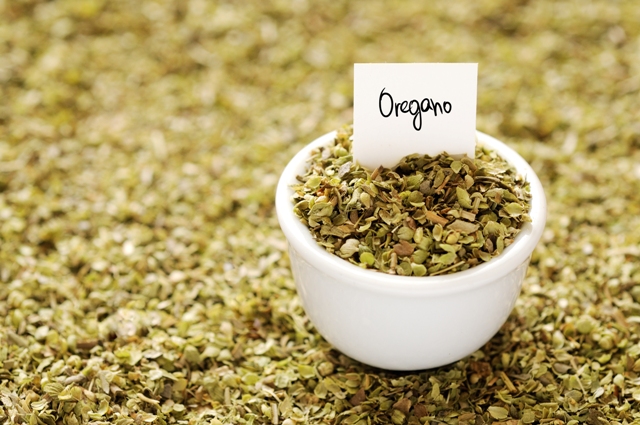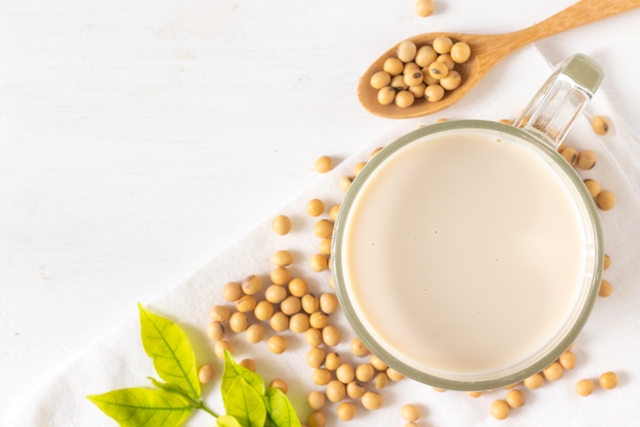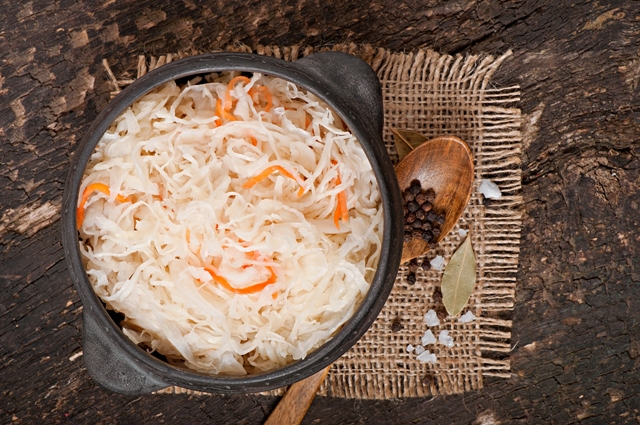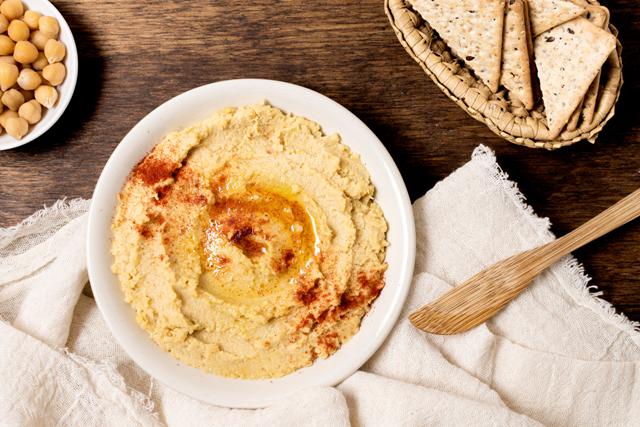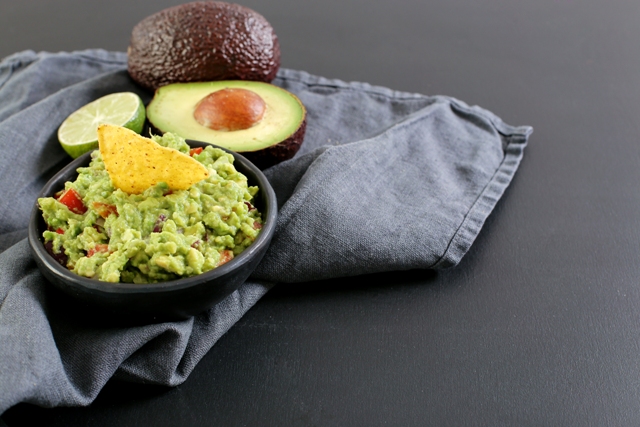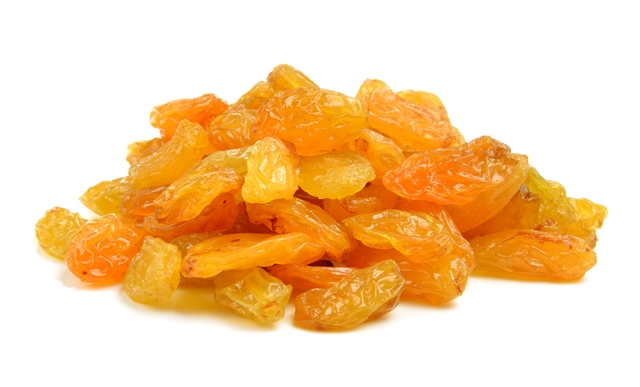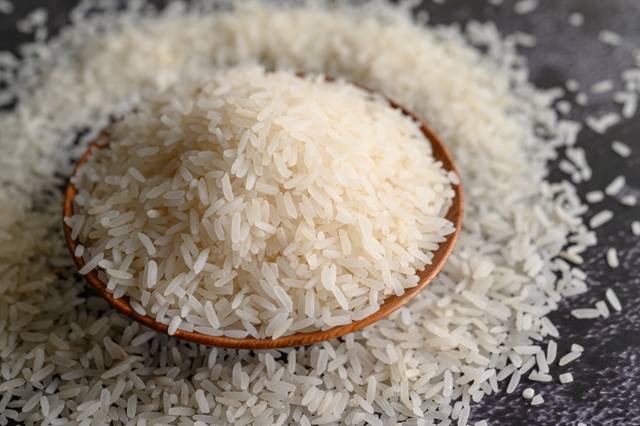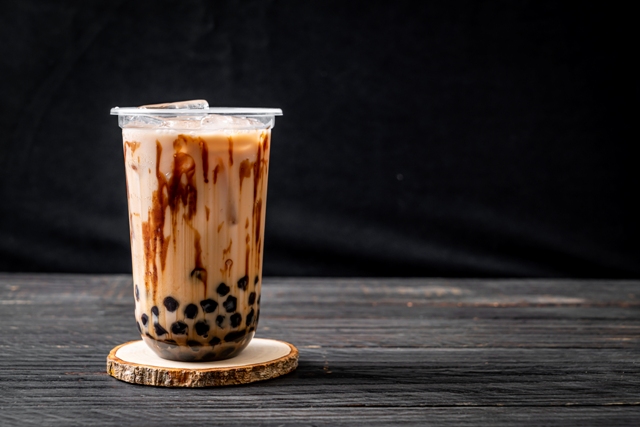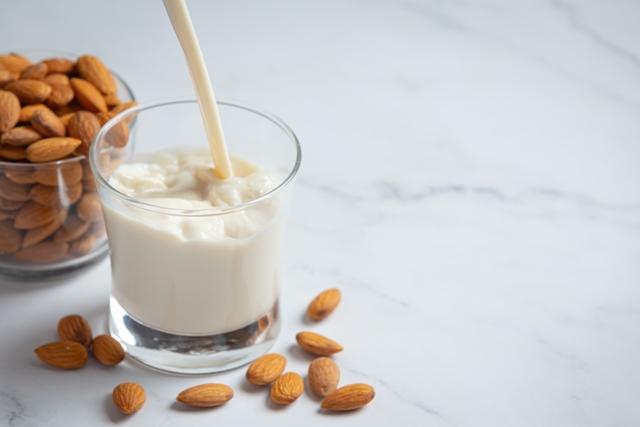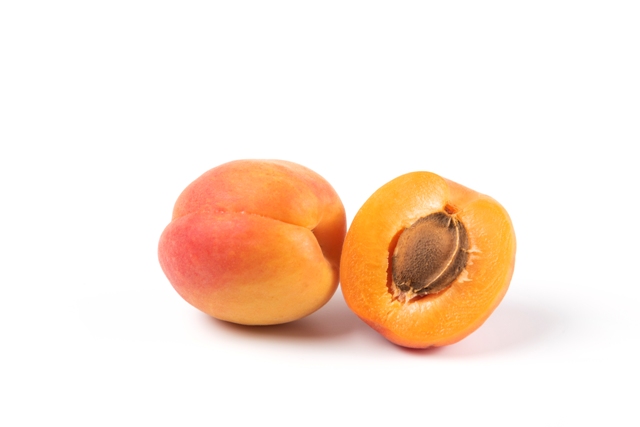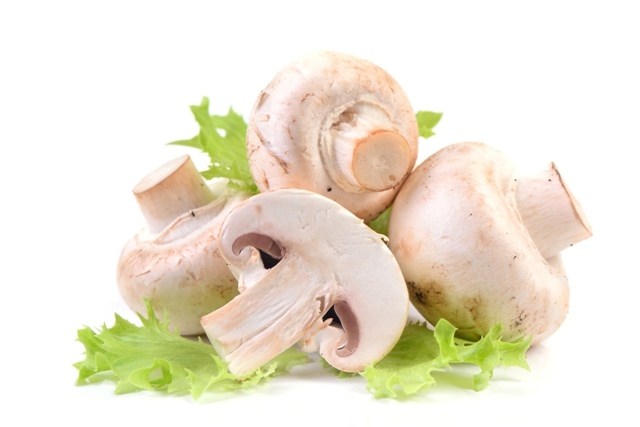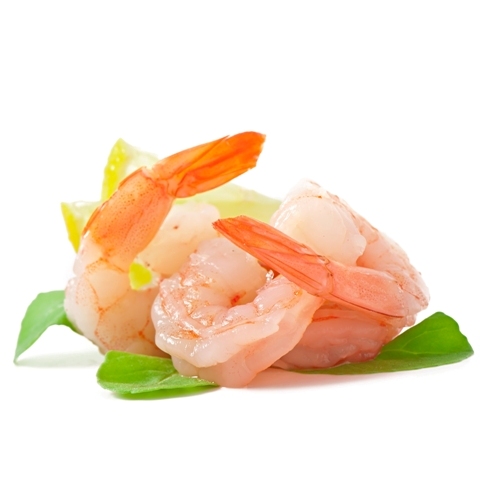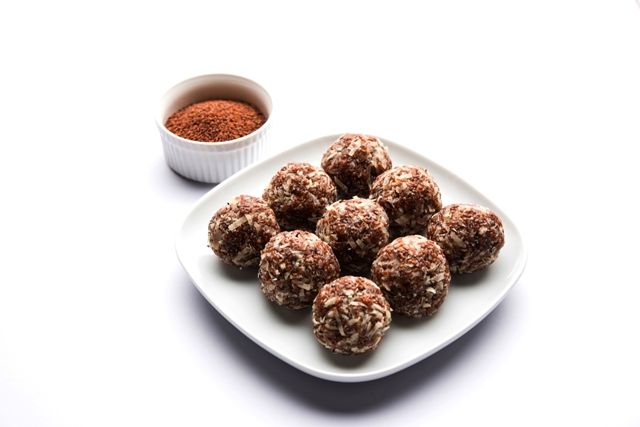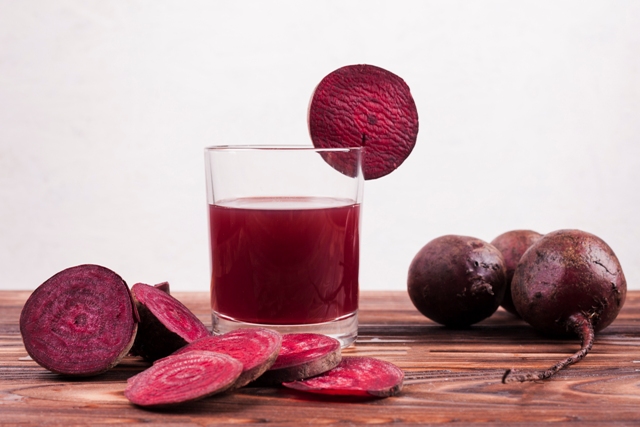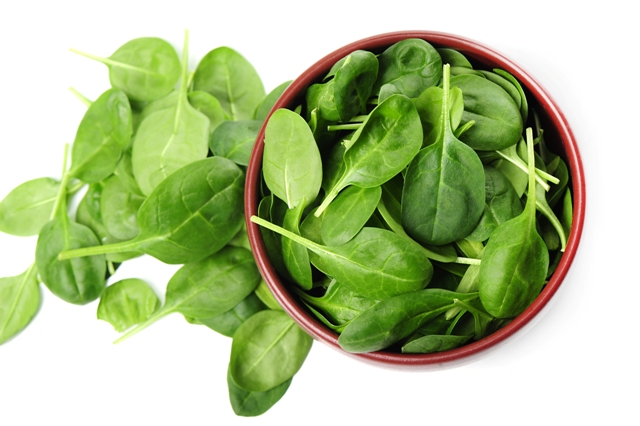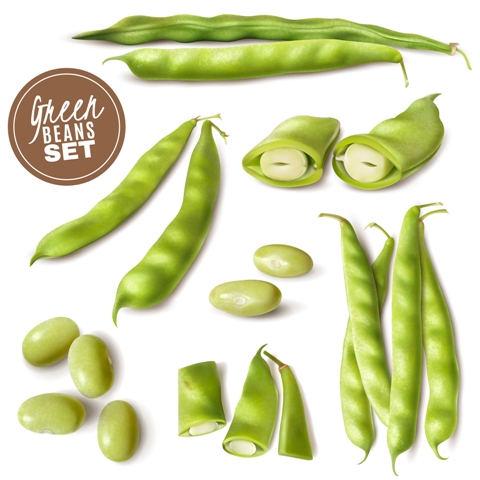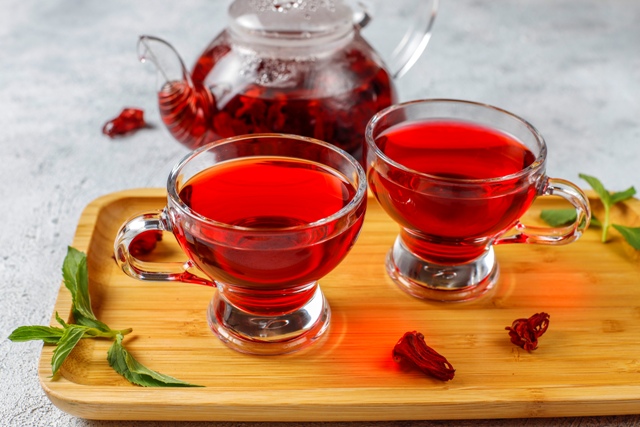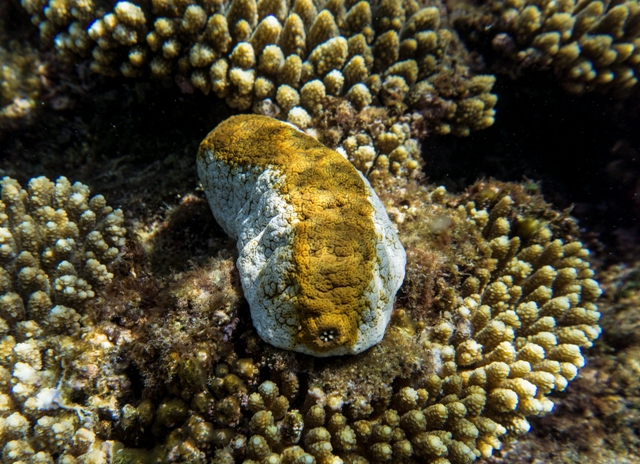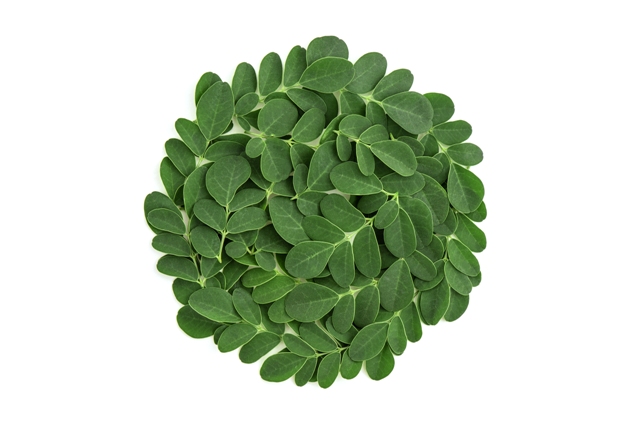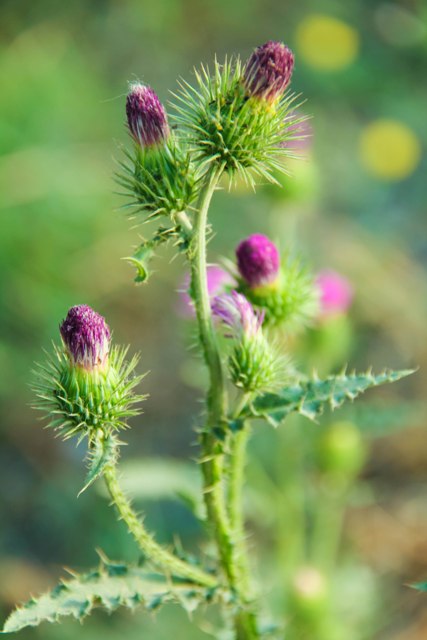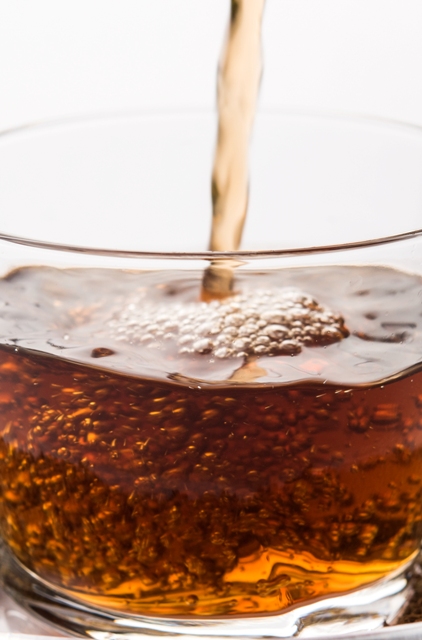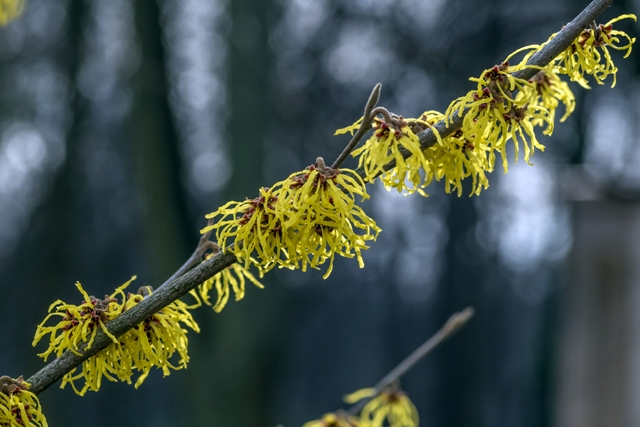Bajra, fibre content, phytochemical content, antioxidant activity, anti-carcinogenic activity, hypolipidemic activity, hypoglycemic activity and cardioprotective activity
Description : Bajra also known as pearl millet is a nutrient dense crop and also considered as a major millet,
Article Details :
Bajra also known as pearl millet is a nutrient dense crop and also considered as a major millet, which has been traditionally used for various therapeutic purposes.
Why bajra is considered as the best winter food?
Coffee or tea are widely consumed in winter for chilling the body but excessive consumption of these two beverages are responsible for developing various health hazards like it may cause dehydration, hinder nutrients absorption and gastrointestinal disturbances. Therefore it is better to consume such food that can beat the chills without harming the body and bajra is recognized as the best option as it comes under the category of thermogenic food with very less or no side effects.
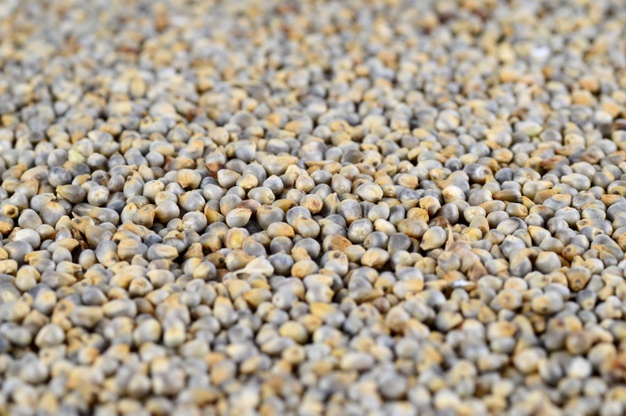
Nutritional profile
- It contains desirable amount of carbohydrates especially complex carbohydrates and dietary fibre
- It contains significant amount of protein as well it is considered as one of the most important plant protein. Consumption of bajra along with other legumes is very beneficial for vegans
- It contains healthy fat as it is rich in omega-3-fatty acid
- It contains numerous micronutrients like Vitamin K, Vitamin E, Vitamin B1, B2, B3, B5, B6, B9, calcium, phosphorus, sodium, potassium, iron, zinc, copper, magnesium, selenium and manganese, which offer several health benefits
- It is packed with various phytochemicals, which are responsible for exerting antioxidant, anti-inflamatory and anticarcinogemic effects
Health benefits
Role on digestive health
- Bajra is considered as an effective prebiotic due to its insoluble fibre content and it acts as the feed for intestinal beneficial microbes. Consumption of bajra is very useful for promoting the growth of intestinal flora hence improves gut health
- Its insoluble fibre content plays imperative role in promoting digestion as well
- It is also associated with enhancing bowel movement thus helps to improve the symptoms of constipation
- Bajra is alkaline in nature thus its consumption is extremely helpful for combating acidity. We know that stomach produces acid (HCL) that helps in digestion but over production of acid due to some gastrointestinal disorders or stress or consumption of food at irregular interval, harm the body very adversely. In this condition bajra is considered as one of the best option for preventing acidity, bajra khichdi can be consumed for pleasing the stomach
- It helps to prevent stomach ulcer as well
Role on weight management
- Its fibre content plays significant role in facilitating weight reduction
- It is related with preventing over eating by providing a feeling of stomach fullness. Decrease in food intake with normal calorie expenditure is accountable for developing a negative energy balance that ultimately helps in weight reduction
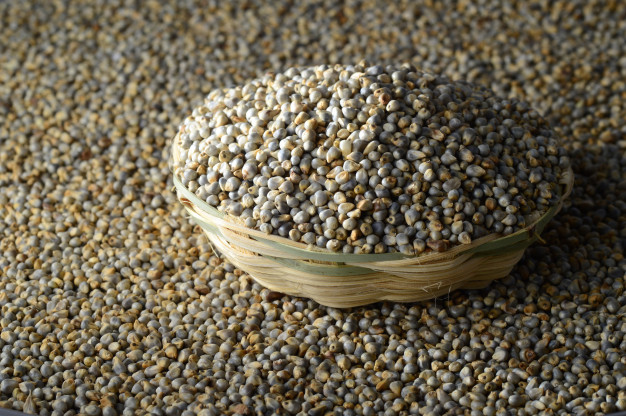
Hypocholesterolemic activity
- Phytic acid and fibre components of bajra play important role in enhancing cholesterol metabolism
- It helps to decrease the concentration of LDL, VLDL in body whereas improves the effect of HDL or good cholesterol thus its consumption is very much useful for maintaining a healthy ratio of LDL and HDL in body hence improves lipid profile
Role on endurance
- Its high protein as well as fibre contents and the nature of alkalinity make it an imperative substance for enhancing endurance
- Inclusion of bajra in the diet of endurance athletes significantly improve their performance ability
Antioxidant activity
- It is packed with phenolic compounds especially with flavonoids, which act as strong antioxidant
- It helps to protect the body from the harmful effects of free radicals and reactive oxygen species (ROS) thus decreases the risk of developing oxidative stress and chronic diseases
Role on skeletal system
- Its high calcium and phosphorus contents are accountable for promoting bone growth and development
- It is also associated with preventing bone inflammation thus its consumption is very beneficial for arthritic patient
Role on skin
- Its antioxidant activity is responsible for preventing ageing
- Zinc found in bajra plays imperative role in repairing skin damages and also promotes healing
- It helps to decrease the prevalence of acne and pimple
Role on metabolism
- Bajra contains adequate amount of B vitamins, especially Vitamin B1 or thiamine that plays vital role in carbohydrate metabolism
- Vitamin B1 acts as cofactor (in the form of TPP or thiamine pyrophosphate) and participates in various metabolic reactions of carbohydrate

